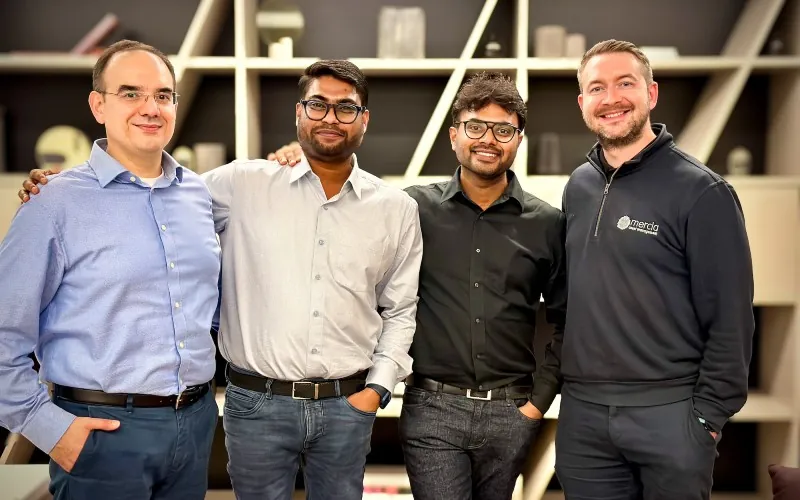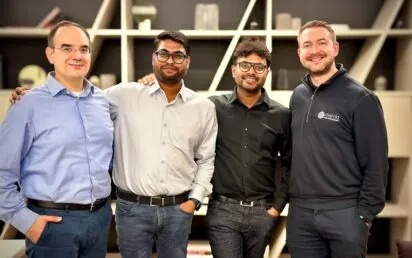Scalpel AI, a London-based MedTech startup transforming the management of surgical tools and implants using computer vision, has raised £3.8m.
The funding round was led by Mercia Ventures, with participation from Tensor Ventures and private investors.
The investment will enable Scalpel AI to scale its global operations and roll out its technology with major players in the healthcare supply chain, including sterile services, hospitals, and prominent third-party logistics (3PL) services such as GlobalMed Logistix (GMLx).
Scalpel AI combines computer vision and machine learning to identify and track surgical instruments. It generates a digital twin for each tool as it moves from vendor warehouses to operating rooms and back and also verifies that surgical trays delivered to the operating theatre contain the right equipment. The company’s vision is to make surgery safer for patients while setting a global standard for surgical logistics.
Mismanagement of equipment costs billions annually while causing surgical delays and adversely affecting patient outcomes. Errors include packing incorrect instruments, losing equipment during transit, using the wrong implants, or leaving surgical tools inside patients. Shortages of skilled staff and long surgical waiting lists worsen the situation.
By comprehensively validating and tracking surgical instruments across the supply chain, Scalpel AI enhances patient safety, eliminates costly mistakes, reduces equipment losses, and provides visibility—from device companies to logistics providers and surgeons. It ensures the right tool reaches the right place at the right time.
Founded in 2017, Scalpel AI stemmed from an idea by Dr Yeshwanth Pulijala. While studying for his PhD in medical visualisation, Dr Pulijala witnessed firsthand how the mismanagement of surgical tools could result in near misses or even critical errors in patient care. To address these challenges, he joined forces with Dr Shahnawaz Ahmed, a specialist in computer vision systems with a PhD in object detection. Together, they have built a strong team with a deep understanding of surgical workflows, healthcare logistics, and advanced AI, positioning Scalpel AI at the intersection of medicine and technology.
Dr Yeshwanth Pulijala, co-founder and CEO, said: “The success of any surgery depends not only on what happens inside the operating theatre but also on having a smooth-running operation behind the scenes. At Scalpel AI, we work with leading medical device companies and healthcare organisations to transform their logistical supply chain and reduce costs by millions of dollars. Together, we are making surgery safer for patients while paving the way for personalised surgery, which we believe is the future of healthcare.”
Dr Shahnawaz Ahmed, co-founder and CTO, said: “Building Scalpel’s platform has been exciting and demanding. We’ve tackled the initial difficulties of introducing advanced technology in a manual environment, closely collaborating with users to create a solution that fits their needs. Using proprietary AI algorithms and advanced computer vision, we demonstrated that Scalpel AI can eliminate supply chain errors and reduce handling time by over 80%. This allows medical device reps to focus on patient care. I’m proud of our team’s dedication and hard work in making Scalpel’s vision a reality.”
Lee Lindley of Mercia Ventures added: “Ensuring that surgical trays contain the right equipment is essential for an effective healthcare system. Existing solutions use simple mechanisms such as barcodes, RFID tags, and manual validation. Scalpel AI’s platform has the potential to transform how surgical trays are managed. This investment will enable the company to scale internationally and pursue its goal of being recognised as the industry standard. We’re excited to be supporting Yesh and Shah on this journey.”


